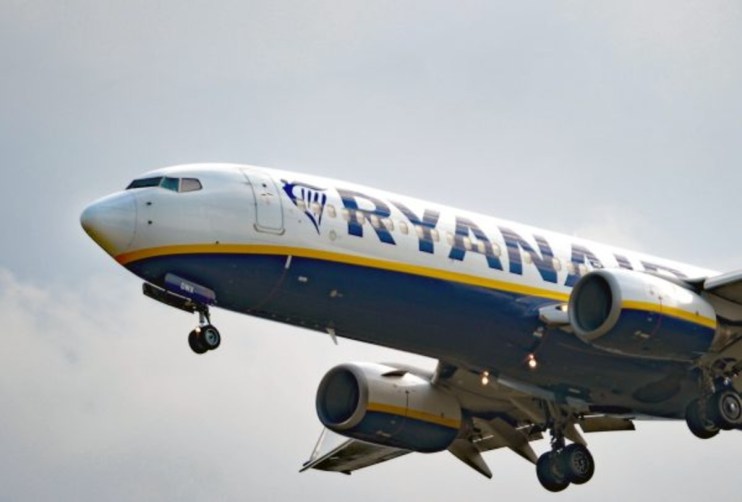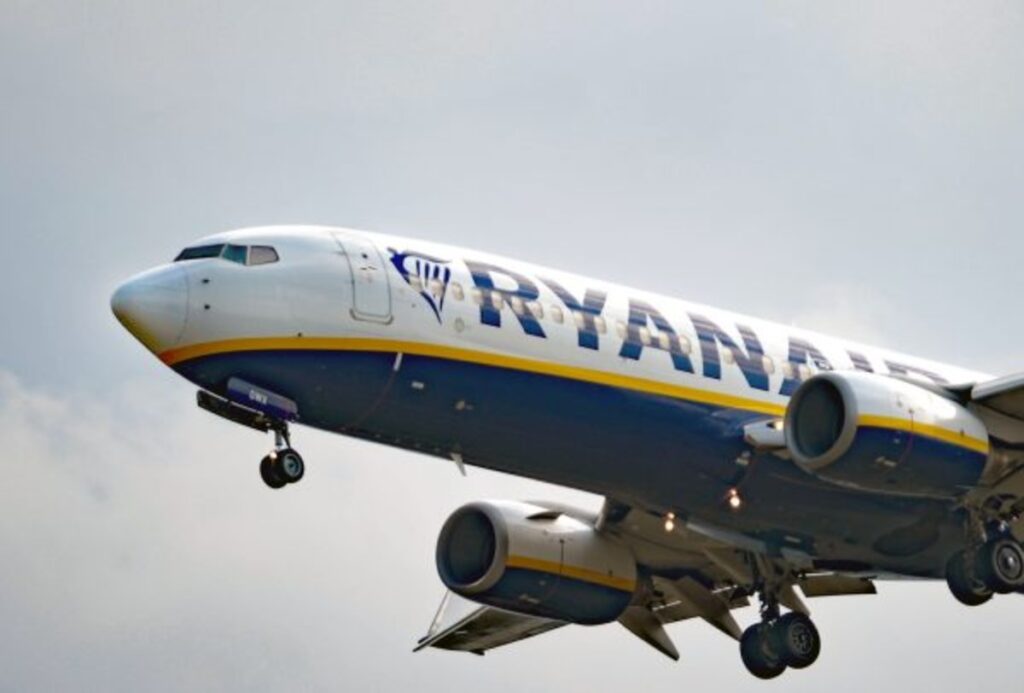| Updated:

Ryanair has reiterated calls for a two-drink limit in airport bars. Like the prohibition-era bootleggers who lobbied for Sunday closing laws, they’re just trying to increase their own sales, says Christopher Snowdon
The budget airline Ryanair has called for a two-drink limit in airport bars to create “a safer travel experience for passengers and crews”. Ryanair is in the process of suing a passenger who it claims forced a flight from Dublin to Lanzarote to be diverted last April. A spokesperson for the company said: “We fail to understand why passengers are not limited to two alcoholic drinks (using their boarding pass in exactly the same way they limit duty free sales)”.
Here are two reasons that immediately spring to mind. Firstly, operating a two-drink policy in airports would be time-consuming, complicated and inefficient (not to mention illiberal). It would slow down every customer transaction. You have to show your boarding pass when buying duty-free products because different countries have different rules and it allows the retailer to claim back VAT. None of this applies to airport bars. How would it work if you order with an app? What if you want to buy a round of drinks for your friends? What if you go to another bar? At the minimum, such a system would require a lot of expensive technology and bureaucracy.
Secondly, we already have laws against people making a nuisance of themselves when they are the worse for drink. These vary between countries, but in England and Wales it is an offence to sell alcohol to somebody who is inebriated and it is an offence under the Criminal Justice Act (1967) to be drunk and disorderly. Moreover, airlines have the right to refuse boarding to passengers who are thought to be intoxicated and it is a specific offence under the Air Navigation Order (2016) to be drunk in an aircraft.
Ryanair has no intention of limiting its own alcohol sales
Now let us consider what it would take for somebody to become drunk and disorderly on a Ryanair flight. We must assume that they were not inebriated when the flight took off since Ryanair would not have allowed them to board. Something must have happened in mid-air to increase their blood alcohol level and yet passengers are not allowed to bring their own alcohol on board to drink, so it can’t be that. Maybe Ryanair makes alcohol available for passengers to buy during the flight, perhaps using some sort of trolley service?
It turns out that this is exactly what it does! Ryanair sells a range of beer, wine and spirits and has no intention of stopping. Nor does it plan to set a limit on how many drinks it sells to each passenger, regardless of the problems this may cause to airport staff and taxi drivers at the final destination. Fancy that!
Airlines have the right to refuse boarding to passengers who are thought to be intoxicated and it is a specific offence under the Air Navigation Order (2016) to be drunk in an aircraft
Ryanair clearly has no moral objection to the sale and consumption of alcohol. There are neo-temperance groups who would like to clamp down on airport drinking because they are opposed to drinking in general. Ryanair is not one of them. It is quite happy for people to consume alcohol so long as they buy it on board. This is what economists call a ‘Bootleggers and Baptists’ problem. In the USA, laws banning the sale of alcohol on Sunday are initiated by Christian activists (the ‘Baptists’) but lobbied for by companies that sell booze in neighbouring towns (the ‘Bootleggers’).
It brings to mind the owners of pubs and nightclubs who express their deep and public-spirited concern about cheap supermarket alcohol which allows people to drink at home before they go out (‘pre-drinking’). This, they claim, is the root cause of public disorder in the nighttime economy. Some pub chains stood shoulder to shoulder with the temperance lobby to support minimum unit pricing to tackle this alleged scourge.
No doubt some people are tipsy when they get to town on a Saturday night, but if they are half-cut when they arrive, it is the bars and nightclubs that ensure they get plastered. Like Ryanair, nightclubs could turn these people away at the door or limit what they drink – and sometimes they do – but no business likes to turn away paying customers. From their perspective, it is better to lobby the government to rig the game in your favour. And if you can hide behind some Baptists and appeal to the ‘public interest’ then so much the better.
Christopher Snowdon is head of lifestyle economics at the Institute of Economic Affairs



